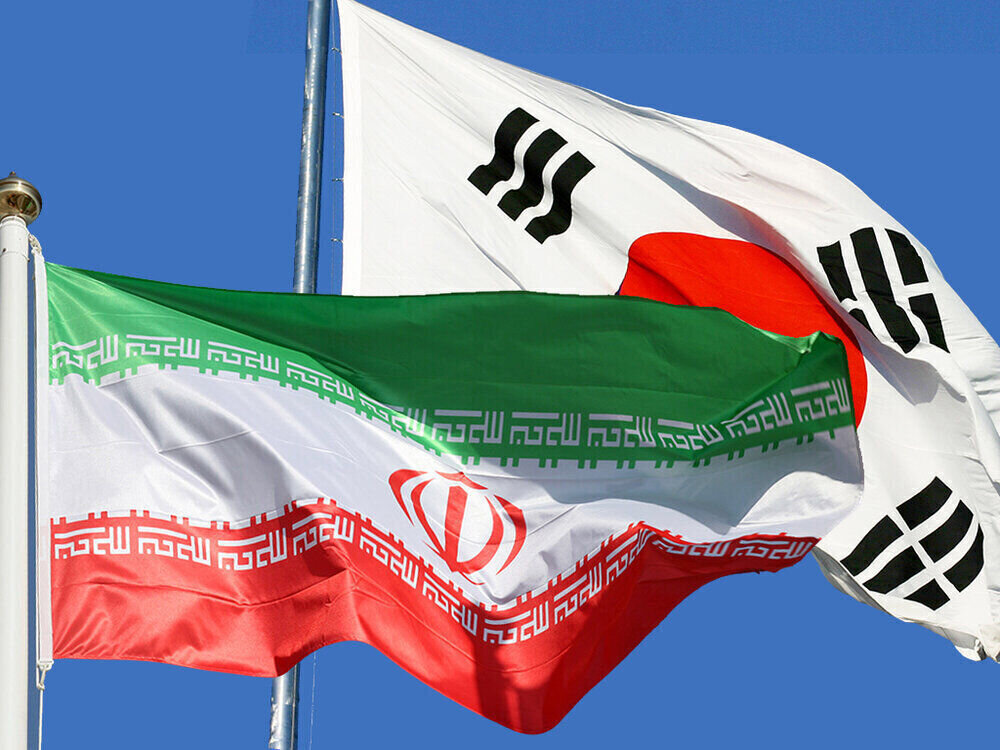South Korea, U.S. hold talks over releasing Iran’s frozen assets

TEHRAN – Senior economy officials from South Korea and the United States have held talks to discuss cooperation in various areas including releasing Iran’s frozen oil money in Korean banks.
South Korean Finance Minister Hong Nam-ki and the U.S. Treasury Secretary Janet Yellen held a meeting in Venice, Italy, on Friday on the sidelines of the G-20 Summit to discuss the mentioned issue, according to the South Korean Economy and Finance Ministry.
As reported, South Korea has proposed to use a Swiss channel for transferring Iranian money to be used for purchasing basic goods and medicine and the U.S. has agreed to cooperate in resolving the issue.
Some seven billion dollars of Iranian oil revenues have been frozen in two South Korean banks since September 2019, when Washington's sanctions waiver for South Korea's imports of Iranian oil expired.
The two sides now appear to be moving toward a solution for the thorny issue after a few rounds of failed negotiations in January, in which both countries proposed a number of solutions none of which broke the deadlock over the issue.
Earlier in February, Abdolnasser Hemmati, the former governor of Central Bank of Iran (CBI), met with the South Korean Ambassador to Iran Ryu Jeong-Hyun to discuss the issue and the two sides announced they have reached a deal on how to release the assets blocked in South Korean banks.
Following the meeting, Iran’s state news agency IRNA reported that at the meeting, the necessary agreements regarding the transfer of assets to the intended destinations were made and the South Korean side was informed of the decisions of the CBI regarding the volume of transferred assets and the destination banks.
During a visit to Iran in January, South Korea’s First Vice Foreign Minister Choi Jong-kun met with Iran’s former central banker to discuss how to release the Iranian assets. According to Iranian media, the South Korean diplomat proposed to provide Iran with ambulances and coronavirus test kits using Iran’s assets. But Iran rejected the offer, saying that it wants to use the money to purchase foods and medicines. Iran also said that the Korean proposal did not include the release of all Iran’s frozen assets.
With the negotiations still going on, Tehran and Seoul seem to be in the final stage of resolving the assets issue given South Korea’s close contacts with the Biden administration, which has promised to rekindle diplomacy with Iran by reviving the 2015 Iran nuclear deal, formally known as the Joint Comprehensive Plan of Action (JCPOA).
EF/MA
